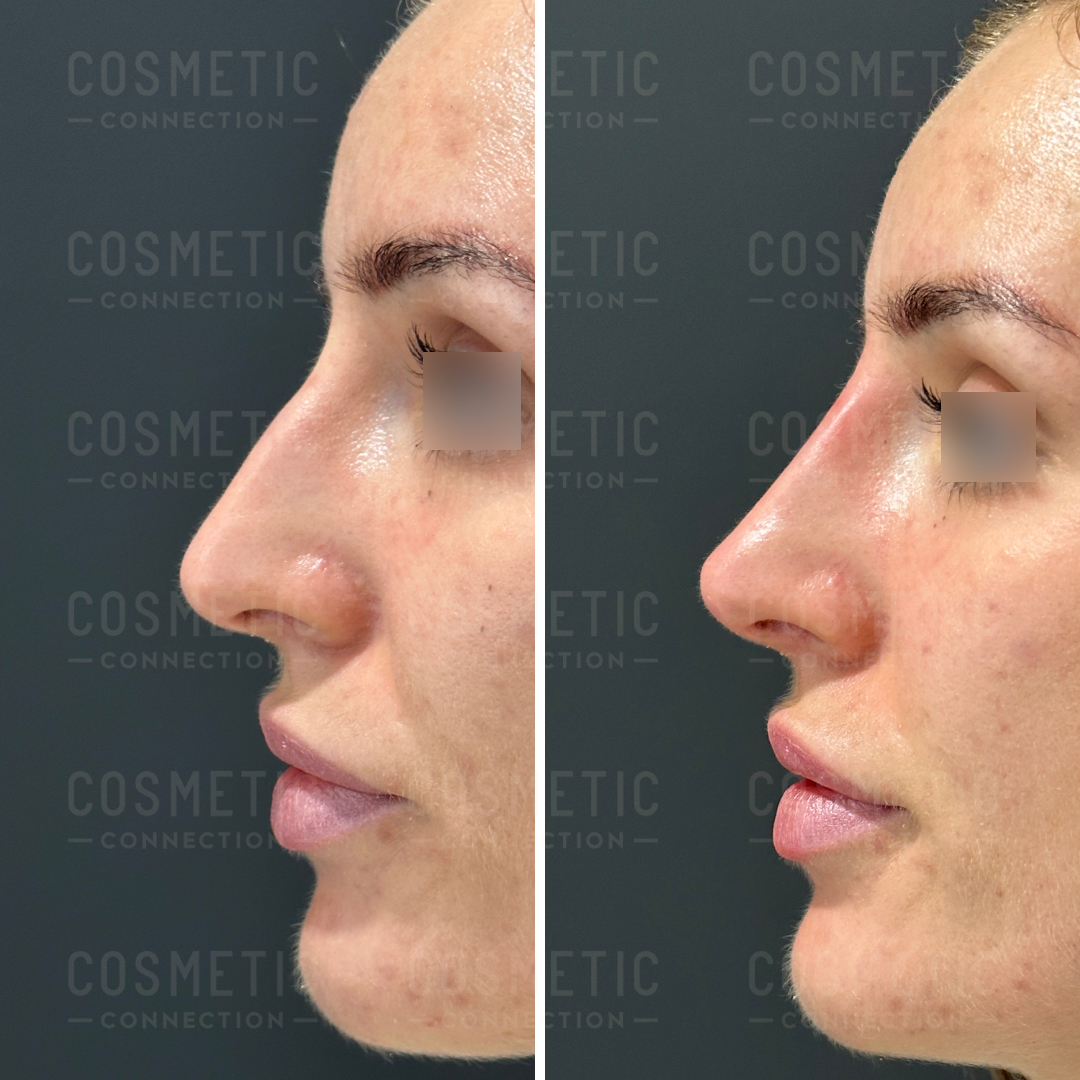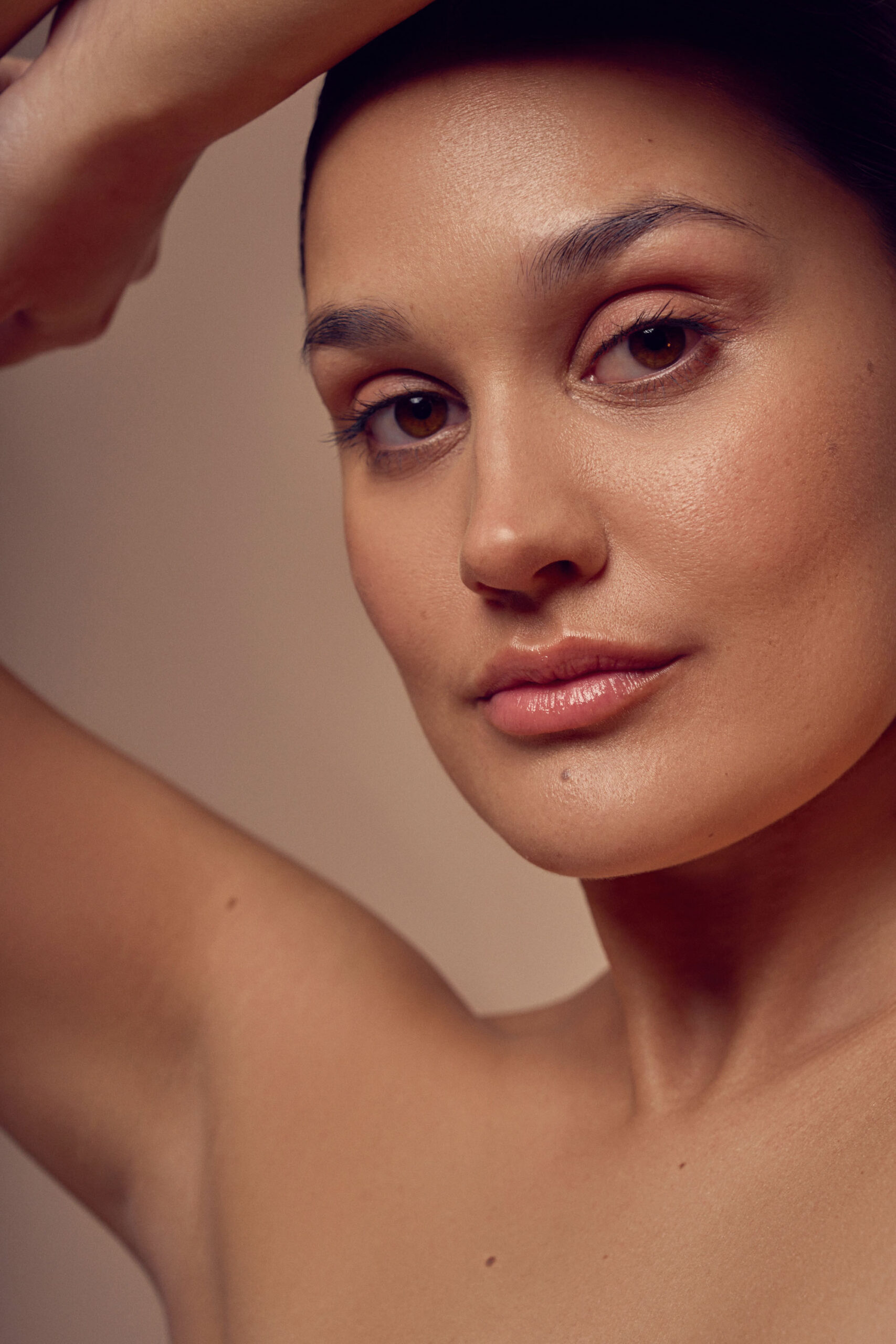One of the biggest barriers for a nose job in Australia is the cost. With prices ranging from $20,000 to $40,000+ depending on where you live and the surgeon your choose, more people are considering medical tourism to countries like Turkey and Lebanon to have rhinoplasty surgery.
While the low cost and combining your surgery with a holiday may sound appealing, having surgery in a foreign country is fraught with risk. Lax hospital standards, no follow-up aftercare, language barriers, and ghosting are just some of the big problems that many people experience.
Why people go to Turkey for a rhinoplasty
According to Smart Traveller, lower cost is one of the main reasons people travel overseas for cosmetic surgery. A lower cost of living and lower clinical standards in countries like Thailand, Lebanon and Turkey, allow them to offer rhinoplasty surgery for much cheaper than Australia.
Of course, there are other reasons people travel for surgery. Sometimes they may simply love the results achieved by an international surgeon.
Is it safe to get a rhinoplasty in Turkey?
There are several factors that affect the safety of getting a rhinoplasty in Turkey.
Some clinics will prioritise profits over patient safety, with less qualified surgeons and substandard facilities.
Communication issues often arise due to language barriers which can result in misunderstandings, ranging from not getting the result you want through to side effects and complications.
Poor consultation processes with most people meeting their surgeon the day before their operation mean you don’t have time to properly consider the implications of surgery.
Follow-up difficulties arise due to the distance from your home. This means if you have a delayed side effect or don’t recover as expected, you may have very limited options available. Many local surgeons may not want to help you because they are not familiar with the way your surgery was performed.
Surgical regulations in Turkey are often much looser compared to Australia, meaning corners can be cut without consequence, increasing risks.
What is the success rate for rhinoplasty in Turkey?
It is impossible to define the success rate for rhinoplasty in Turkey. This is because success is a subjective measure, and data may be biased with clinics only reporting positive results. The likelihood of a satisfactory result from rhinoplasty depends on the surgeon’s skill, patient anatomy, patient expectations and adherence to pre and post-procedure instructions, and the specific type of rhinoplasty performed.
Why is Turkey so cheap for a rhinoplasty?
There are a number of reasons why it is cheap to have a rhinoplasty in Turkey:
- Lower cost of living: medial staff salaries, and facility and supply costs are much lower.
- Competition: Turkey is a competitive market for cosmetic surgery like rhinoplasty, driving prices lower.
- Favourable exchange rates: Turkish Lira is weaker than other dominant currencies, meaning international patients get better value for money.
- Government incentives: The Turkish government has been known to grant incentives for cosmetic clinics to attract foreign patients.
- Cost-cutting: Turkish clinics are known to cut costs, which not only makes it cheaper to get a rhinoplasty, but also more dangerous.
Why you shouldn’t go to Turkey for a rhinoplasty
There are many reasons to avoid travelling to Turkey for your rhinoplasty. Having surgery in Turkey is very different to having a rhinoplasty in Australia.
Reasons for not travelling to Turkey for a rhinoplasty:
- Language barriers: this increases the risk of not being aligned with your surgeon, and they may give you a nose you don’t want. It also increases the risk of side effects and complications, as you may not understand how to prepare or care for your nose after surgery.
- Unethical practice: there are many reports of surgical ghosting (also known as a bait-and-switch). Clinics may use outdated and risky techniques without consequence.
- Regulatory gaps: Quality controls are not as stringent in Turkey as they are in Australia, meaning there is higher risk.
- Follow-up difficulties: if you have an issue after leaving Turkey, there is no way to receive adequate follow-up care with your surgeon.
- Cultural differences: Clinics in Turkey are known for a more paternal approach to cosmetic surgery. This means you have less say about the kind of result you want and how your surgery will be approached, increasing the chance of dissatisfaction.
What are the risks of having a rhinoplasty in Turkey?
Having rhinoplasty in Turkey carries inherent risks. Here’s the key risks involved with rhinoplasty in Turkey:
Unethical practices:
- Unqualified surgeons: Some clinics use inexperienced or unqualified surgeons, increasing the risk of complications and bad results.
- Substandard equipment & facilities: Outdated equipment or unhygienic facilities result in infections, longer recovery times, and other health risks.
- Cutting corners: Clinics may rush procedures and use inferior materials and outdated practices, leading to complications and unsatisfactory outcomes.
Communication barriers:
- Misunderstandings: Language barriers cause misinterpretations of your concerns, goals and expectations. This impacts the surgeon’s understanding, giving you a result that you didn’t want.
- Post-operative care: You may not understand instructions, ask questions, or report concerns during recovery.
Travel-related risks:
- Complications: Flying after rhinoplasty surgery has risks, including blood clots and infections. Antibiotic resistance in countries like Turkey means infections are likely to be more severe, and harder to treat.
- Distance: If complications arise after your rhinoplasty in Turkey, it can be difficult and expensive to get timely follow-up care back home.
Regulatory and Cultural Differences:
- Regulations: Turkey often has lax regulations and oversight compared to Australia, impacting safety standards and quality of care.
- Cultural differences: What’s considered an “ideal” nose varies across cultures. This means you may wake up with a nose that doesn’t align with your preferences.
Worried about the cost of rhinoplasty in Australia? Consider a non-surgical rhinoplasty instead
Why not skip the scalpel and consider a non-surgical rhinoplasty? It’s a safer, much more affordable and easier way to change the shape of your nose without risking it overseas. Many people in Australia have cancelled their plans to travel overseas for a rhinoplasty after discovering just how effective a non-surgical rhinoplasty is.


